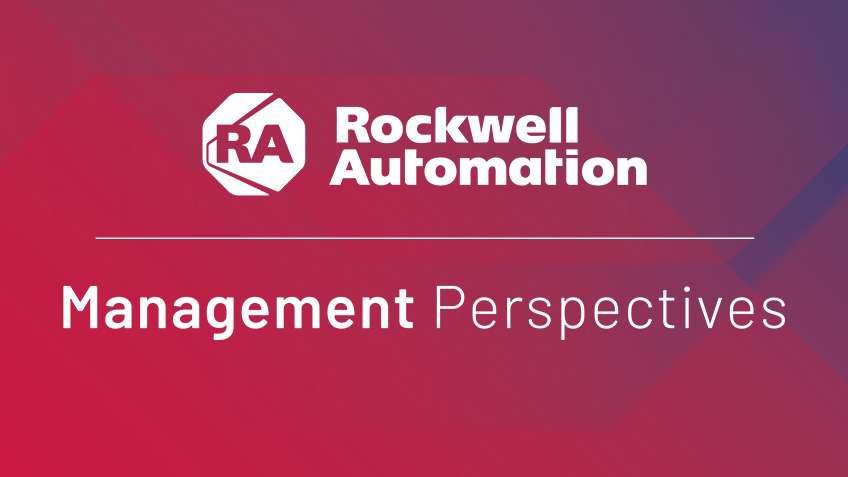No one knows quite how long the uncertainty of COVID-19 will last, and some companies see the crisis as a roadblock for wider digital transformation initiatives in manufacturing.
And while this is true for some companies, my experience has been just the opposite. For many, the pandemic has accelerated the work – unveiling deficiencies while boosting digitalisation and transformation at a stunning speed.
To realise the benefits of remote work, enable your workforce through digital transformation, maintain what you’ve gained in these last few months, and do even more in the future, remember these three things:
1. While you are investing in tools and technology you must also invest in a culture of trust. Classical command and control will not work for a remote workforce.
2. As you invest in tools such as augmented and virtual reality, and digital twins, remember that employees need to know the purpose behind the tools – what you’re trying to do and why?
3. While automation and cognitive technologies will drive the future of remote work, the goal is to break down the silos and share information, so employees can be more efficient and effective.
Company Culture Drives Digitalisation
COVID-19 in terms of digitalisation has led to a world in full transformation in weeks rather than months or years. Either you enable people to work remotely or you don’t – win or fail. There is often nothing in between.
While automation and cognitive technologies are crucial for this transformation, before deciding which tools will best empower your employees, the first thing to consider is your corporate culture.
It’s easier to focus on the technical piece first, like the systems, tools and solutions needed to make remote workers more efficient and effective. But first, take a step back and look at structure and culture. How you are organised, and how you lead, is the best predictor of the success of your digital transformation and the future of remote work.
Culture Shift Enables Remote Workers
COVID-19 forced leaders to shift to an acceptance of remote working. The foundation of this work was not a network or a software package or even enabling technologies like augmented reality, virtual reality or digital twin.
Leaders had to let go of visual confirmation and control. They had to trust.
Industry 4.0 is about people; processes and technology are the enablers. We can’t jump into new, exciting technology until we talk about the people using that technology, and their ability to adapt, to adopt, and to work wherever it is they work – in a plant, in an office or remotely.
There must be alignment between leaders and workers, the tools offered, and the tools needed for digital transformation, and freedom for remote workers to use those tools to make decisions.
Tools Unleash the Power of People
Is your organisation creating dashboards just to have a way to present data that no one uses or cares about, just because they can?
Now you can see more clearly why the command and control structure affects everything from how employees are trained to how they are assessed and how they collaborate, how people are empowered and how quickly they can make a difference.
COVID-19 has put massive positive pressure on artificial intelligence, virtual and augmented reality, and digital twin, because for some people such as a mechanical designer, they can no longer walk into a facility and touch a prototype or a product.
Suddenly, there’s no room for discussion on the viability of these tools; they are a must-have to function. Managed services got a boost as well, because preventive and predictive maintenance now had to consider logistics – people could not easily be onsite.
Maintain Your Momentum
Even if you had to make some hasty decisions, just to survive, now is the time to discuss and outline a strategy and architecture that structures and expands the “new normal” to a stable basis.
Join me and my guest, Axel Hammer, from EY, for a webinar on 30 September, 11 am CET, for recommendations on how to enable your remote workforce. Register now.
Published September 16, 2020
Recommended For You



